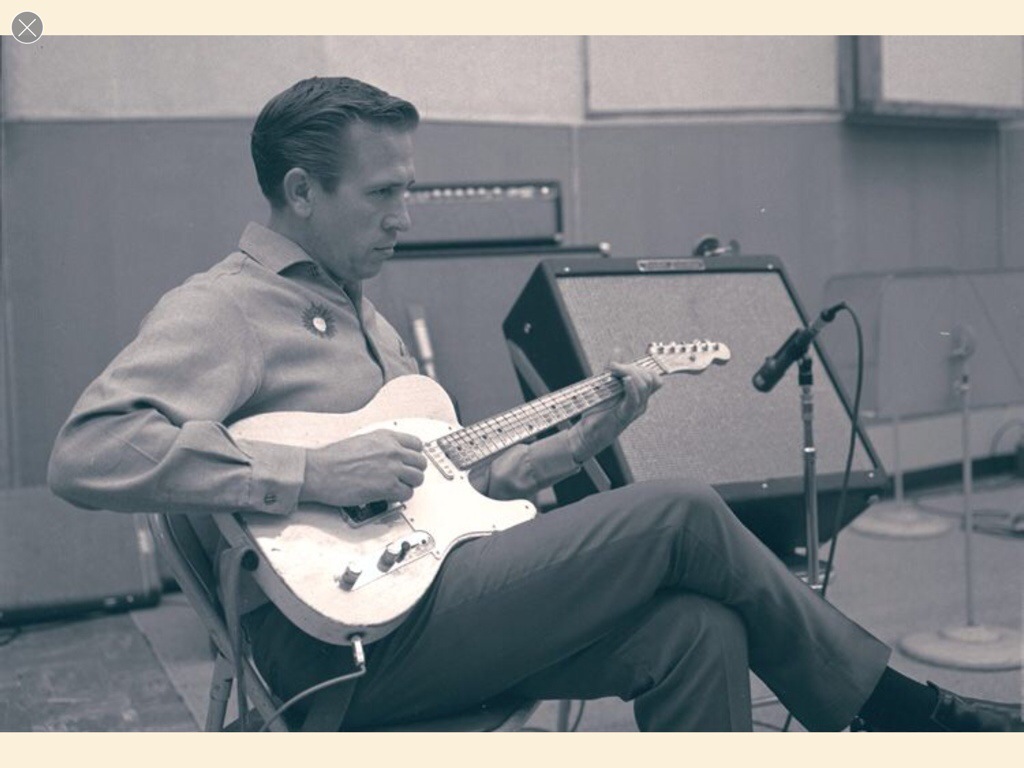
A Promise of Love That Rises Higher Than Heartbreak
When Buck Owens released “Above and Beyond” in 1960, it marked a pivotal moment not only in his own nascent career but also in the evolution of country music itself. Issued as a single and later featured on his debut album Buck Owens, the song reached No. 3 on the Billboard Country chart—a noteworthy accomplishment that foreshadowed Owens’ eventual reign as a pioneer of the Bakersfield sound. With its lean instrumentation, earnest lyricism, and Owens’ unmistakable vocal twang, “Above and Beyond” serves as an early declaration of an artist who would soon help redefine the genre for a new generation.
Penned by Harlan Howard—arguably one of country music’s most prolific and poetic craftsmen—the song wears its heart on its dust-covered sleeve. The title is no metaphorical flourish; it’s a solemn vow. In just over two minutes, “Above and Beyond” distills the essence of unconditional love into language that is plainspoken yet devastatingly sincere. “I’ll give you love that’s above and beyond the call of love,” Owens sings, his voice carrying both conviction and fragility. This is not a boast; it’s a quiet promise made by a man who has known longing deeply enough to understand its stakes.
The brilliance of the song lies in its economy—both musical and lyrical. At a time when Nashville was polishing its sound with lush orchestration, Owens, recording on the West Coast, offered something rawer, more immediate. The arrangement is spare: a crisp Telecaster, a steady rhythm section, and Owens’ plaintive voice standing squarely at the center. This sonic clarity allowed the emotion to rise without interference, mirroring the thematic clarity of Howard’s lyrics. Every word counts. Every phrase is carved from the granite of human experience.
What separates “Above and Beyond” from countless other declarations of love is its undercurrent of self-sacrifice. There’s an aching humility here—a willingness to give more than one receives, even when unrequited love looms as a real possibility. It captures something often overlooked in popular music: that true devotion often includes suffering quietly and serving selflessly. It’s no accident that this song resonated so deeply with audiences during a time when stoicism was still considered a virtue, particularly in men.
As an early collaboration between Owens and Howard, “Above and Beyond” set the stage for what would become one of country music’s most fruitful alliances. But more than that, it offered listeners a glimpse into Owens’ artistic soul—a place where steel-string guitars met steel-strong emotions. In this compact lamentation-turned-love-letter, Buck Owens didn’t just sing about going above and beyond for someone else; he did it himself—by delivering a performance that transcended genre boundaries and temporal confines.
More than six decades later, the song remains a testament to love’s enduring power—not in its grand gestures but in its quiet perseverance.